Filial piety is not about lavish feasts.
At the Buddhist seminar on the culture of thrift and anti-waste , Most Venerable Thich Thanh Quyet, Vice President of the Board of Trustees and President of the Vietnam Buddhist Academy, affirmed that the spirit of Vu Lan - the full moon of July must be associated with thrift, simplicity, and the true spirit of Buddhism.
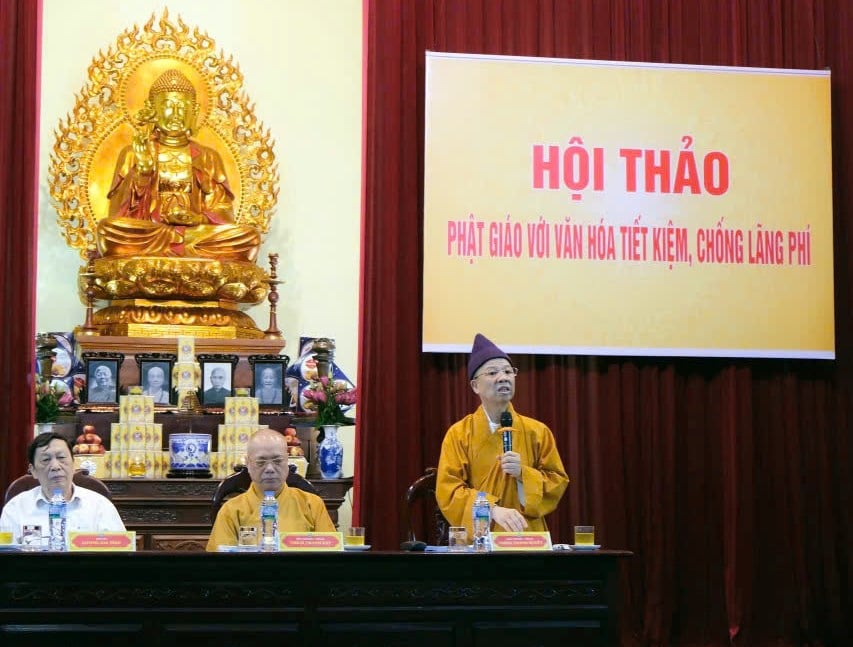
“Many people mistakenly think that buying a lot of votive paper and lavish feasts is filial piety. But that is not true. Filial piety is taking care of parents while they are alive, maintaining respect and love. When parents pass away, actively doing good deeds, dedicating merit to parents, not lavish feasts and external formalities,” Venerable Thich Thanh Quyet shared.
According to Venerable Thich Thanh Quyet, saving and fighting waste is not only a current issue but also a long-standing tradition. Since ancient times, our ancestors have practiced this.
Citing the history of Buddhism, the Venerable said that the spirit of thrift and minimalist living was demonstrated right from the Buddha - who abandoned the palace to enter an ascetic life, finding the path to liberation. In Vietnam, that tradition was continued and promoted by Patriarchs such as Buddha Emperor Tran Nhan Tong.
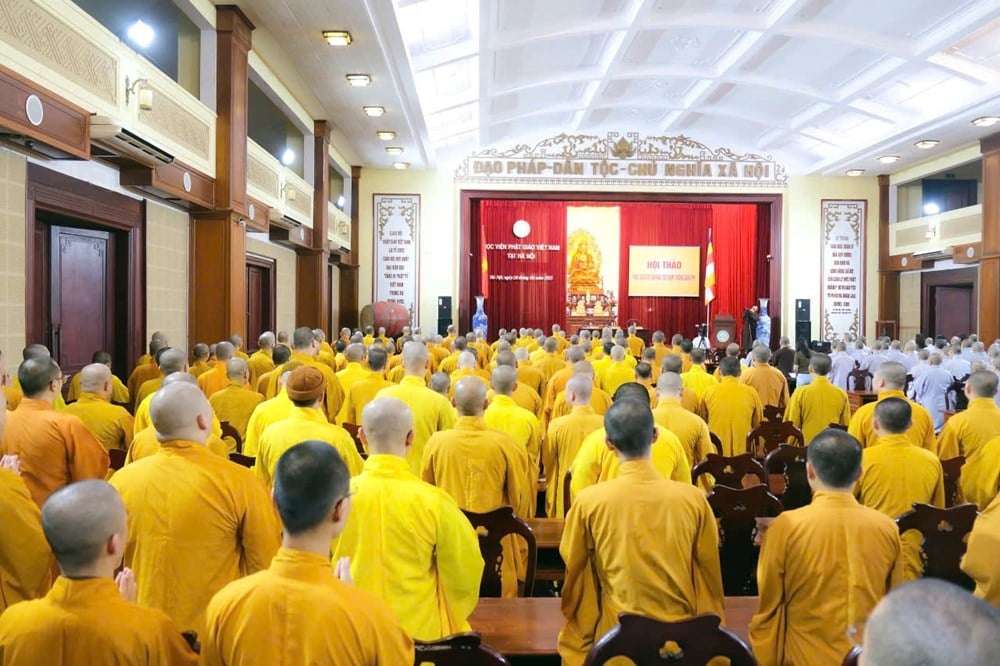
After 14 years of reign, he left the throne, went to Yen Tu to practice Buddhism, founded the Truc Lam Yen Tu Zen sect, promoted a simple and frugal lifestyle, reconciled conflicts, and built a spirit of national unity. It can be said that the Buddha King was an outstanding and typical practitioner.
In Buddhist teachings, the concept of alms-begging is not synonymous with begging. Mendicants are intellectuals who beg for food, but the purpose is not to fill their stomachs but to create affinity and blessings. Through this, monks have the opportunity to approach the people, teach people to do good deeds, live well for their families and society. This is a skillful means of propagating the Dharma, instead of direct preaching which can easily be alienated.
“On the occasion of Vu Lan, I would like to emphasize that filial piety must also be associated with thrift and anti-waste. Many people think that buying lots of offerings and votive paper is filial piety. In fact, that is unfilial. Filial piety is from the heart, filial piety when parents are still alive, expressed through sincerity, not “high tables and full dishes” - Venerable Thich Thanh Quyet emphasized.
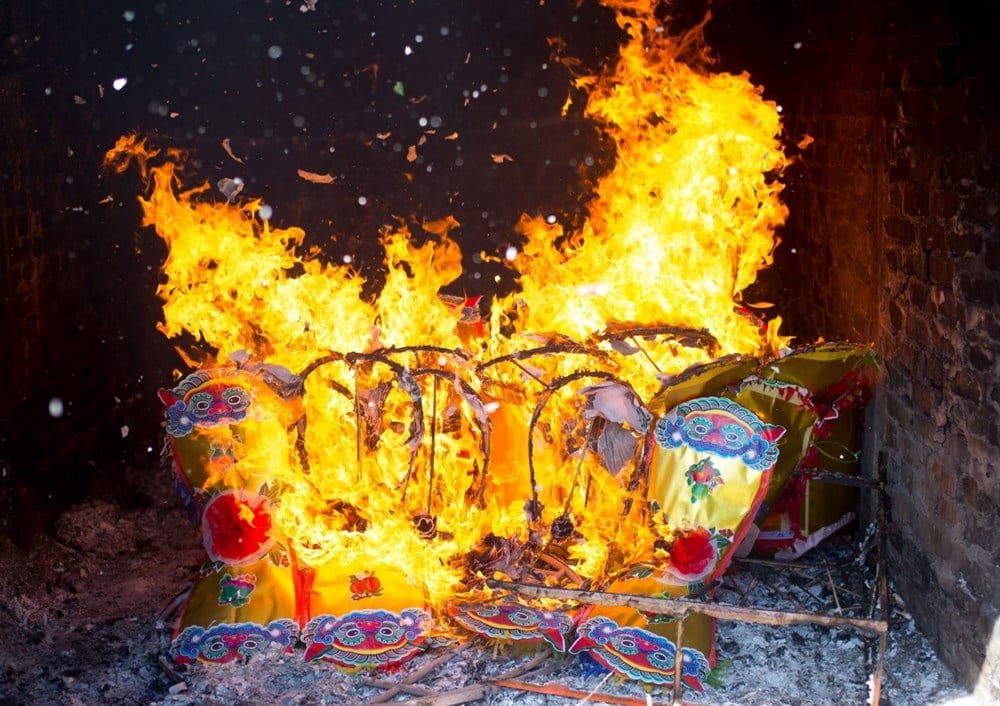
Know when to stop
Sharing the same view, Venerable Thich Giac Hop, Vietnam Buddhist Academy, said that the Buddhist ideology of “thieu duc tri tuc” – living with enough, knowing when to stop – is the core foundation for practicing thrift. The Buddha pointed out that the origin of suffering is greed, desire without end.
Greed for material things, fame, or anything else in this world leads people into the cycle of suffering. Therefore, monks and true Buddhists must cultivate a mind free from greed, reduce desires, be content with what they have, and not pursue unnecessary frivolous and luxurious things. Being aware of this, we will use wealth and material things moderately and effectively.
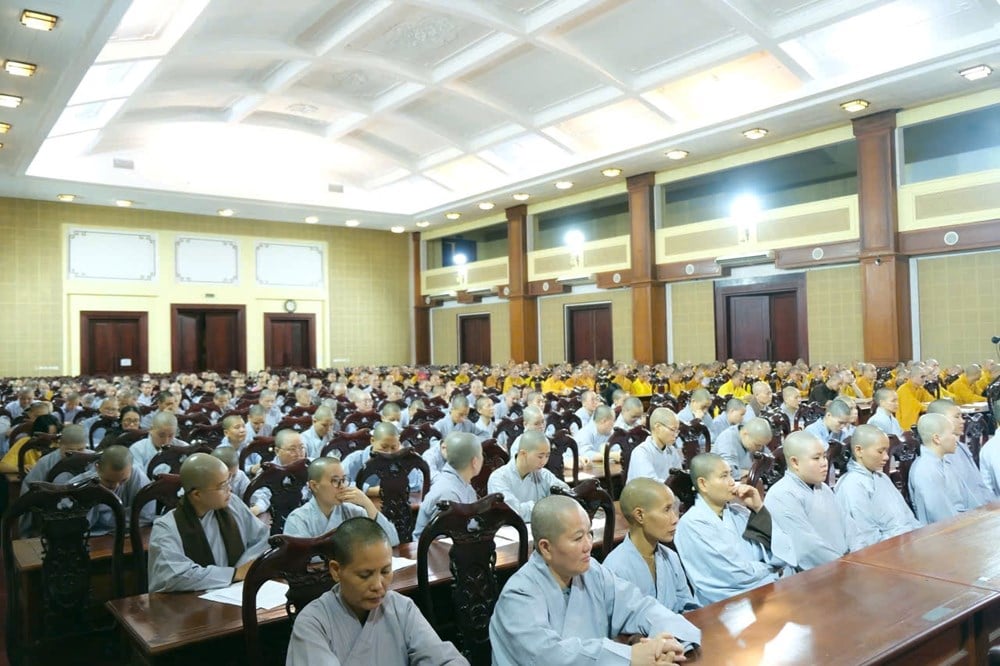
Saving in Buddhism does not mean being stingy, mean or living a life of negative hardship. On the contrary, it is an attitude of being mindful and responsible. It is the appreciation of every grain of rice, every drop of water, every piece of paper, because all are the results of labor. It is also a deep awareness of the law of impermanence of all things, understanding that everything we have can be lost, and today's waste can mean tomorrow's shortage.
Along with saving is the action of fighting waste. Waste is not only expressed in the useless consumption of materials, but also in the waste of time, effort, intelligence, and even opportunities to do useful things.
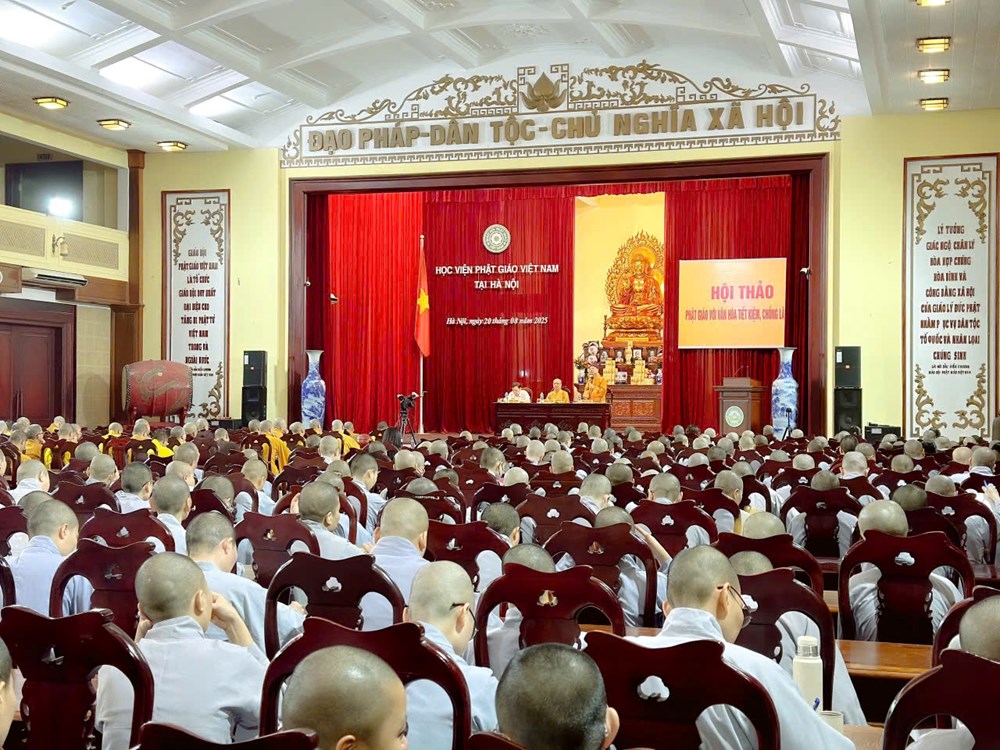
In Buddhist activities, from building temples, organizing festivals and conferences, to financial management, all activities must adhere to the principles of streamlining and efficiency, avoiding ostentation and formality, and all resources must be used for the noble purpose of propagating the Dharma and serving sentient beings.
However, in the flow of urbanization, industrialization and international integration, these core values are sometimes at risk of being forgotten or misunderstood. How can we preserve and promote the culture of thrift in Buddhism in the new context? What is the meaning and practical application of the culture of thrift in Buddhism for the monastic life of monks and society today? How can we distinguish between true thrift and stinginess?
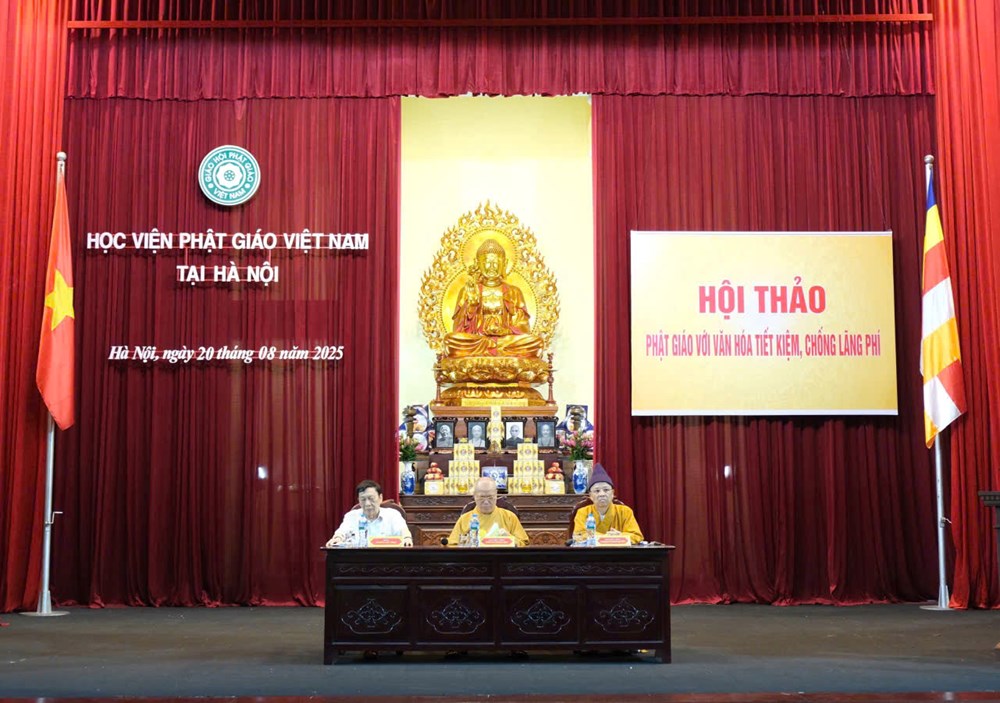
At the same time, responding to the direction of General Secretary To Lam on practicing thrift and fighting waste. The General Secretary said that thrift and fighting waste are two elements that are organically linked together, two pillars to prosperity and wealth, and the foundation for building a civilized and sustainably developed society.
Vietnamese Buddhism always accompanies the nation, therefore, each monk and nun needs to spread that spirit to Buddhist followers, and practice it seriously to firmly step into the new era - the era of national growth - Venerable Thich Giac Hop expressed.
Source: https://baovanhoa.vn/van-hoa/bao-hieu-khong-phai-la-mam-cao-co-day-162840.html



![[Photo] President Luong Cuong receives delegation of the Youth Committee of the Liberal Democratic Party of Japan](https://vphoto.vietnam.vn/thumb/1200x675/vietnam/resource/IMAGE/2025/8/22/2632d7f5cf4f4a8e90ce5f5e1989194a)
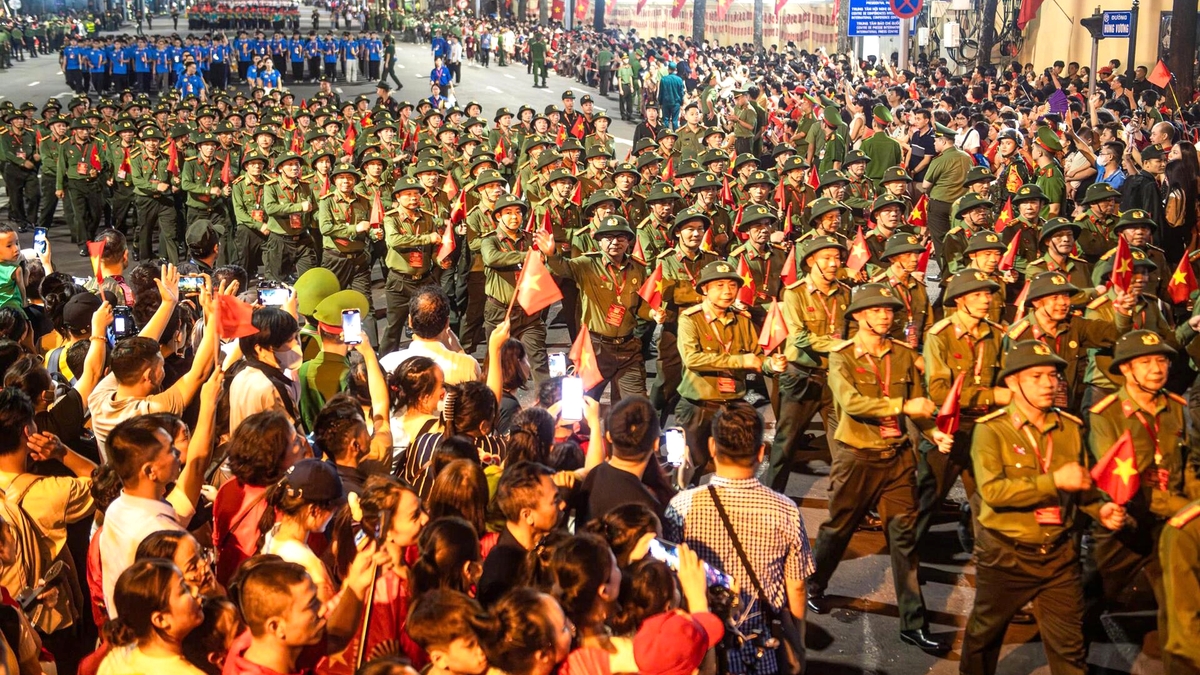
![[Photo] President Luong Cuong attends special political-artistic television show "Golden Opportunity"](https://vphoto.vietnam.vn/thumb/1200x675/vietnam/resource/IMAGE/2025/8/22/44ca13c28fa7476796f9aa3618ff74c4)

![[Photo] Prime Minister Pham Minh Chinh chairs the conference to review the 2024-2025 school year and deploy tasks for the 2025-2026 school year.](https://vphoto.vietnam.vn/thumb/1200x675/vietnam/resource/IMAGE/2025/8/22/2ca5ed79ce6a46a1ac7706a42cefafae)

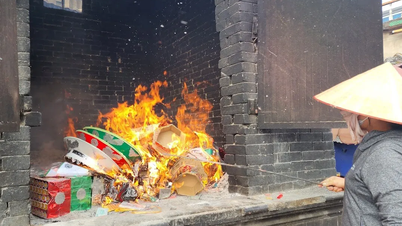

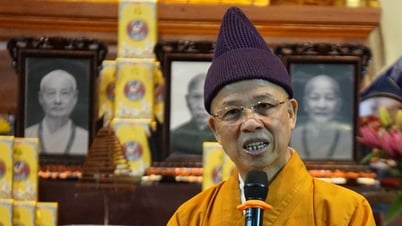

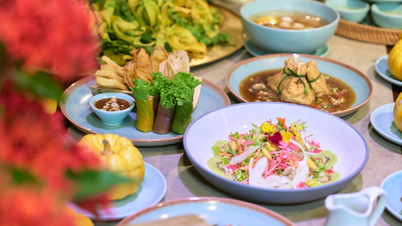





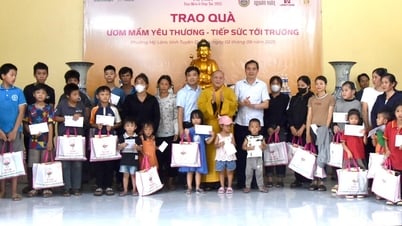





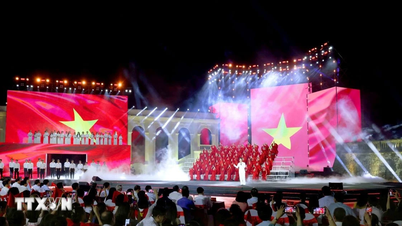

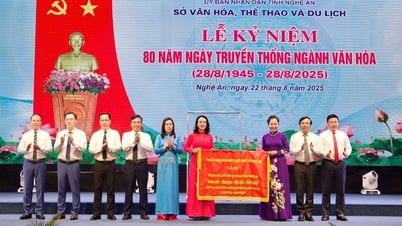






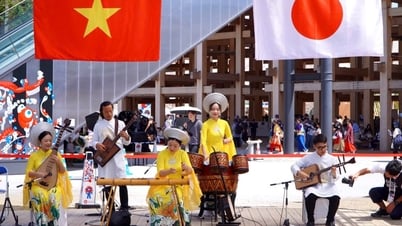
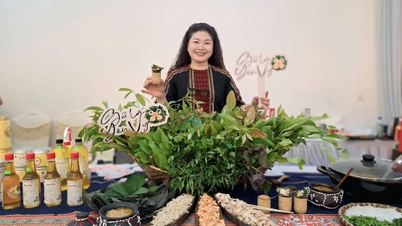

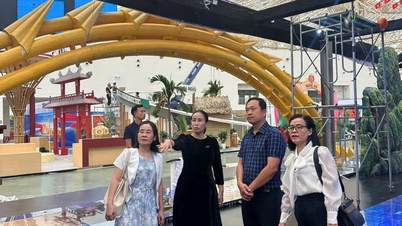

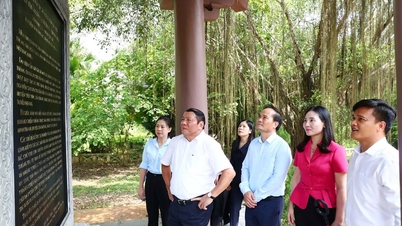

































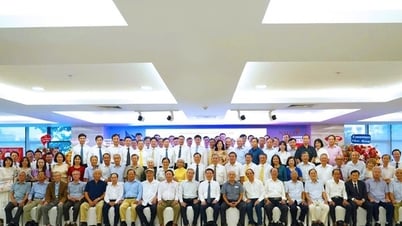

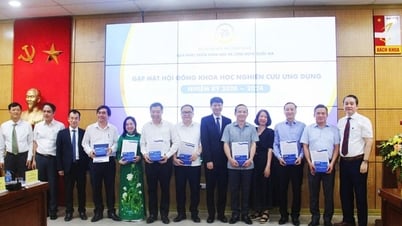





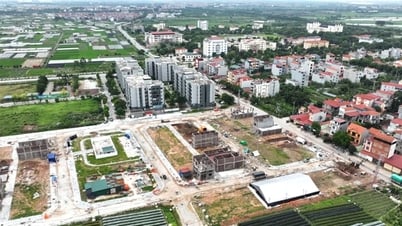




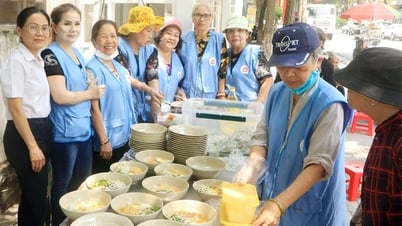



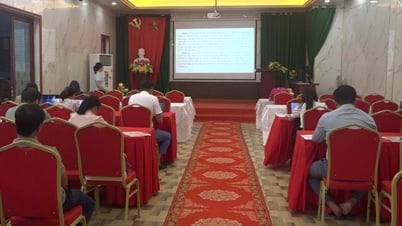












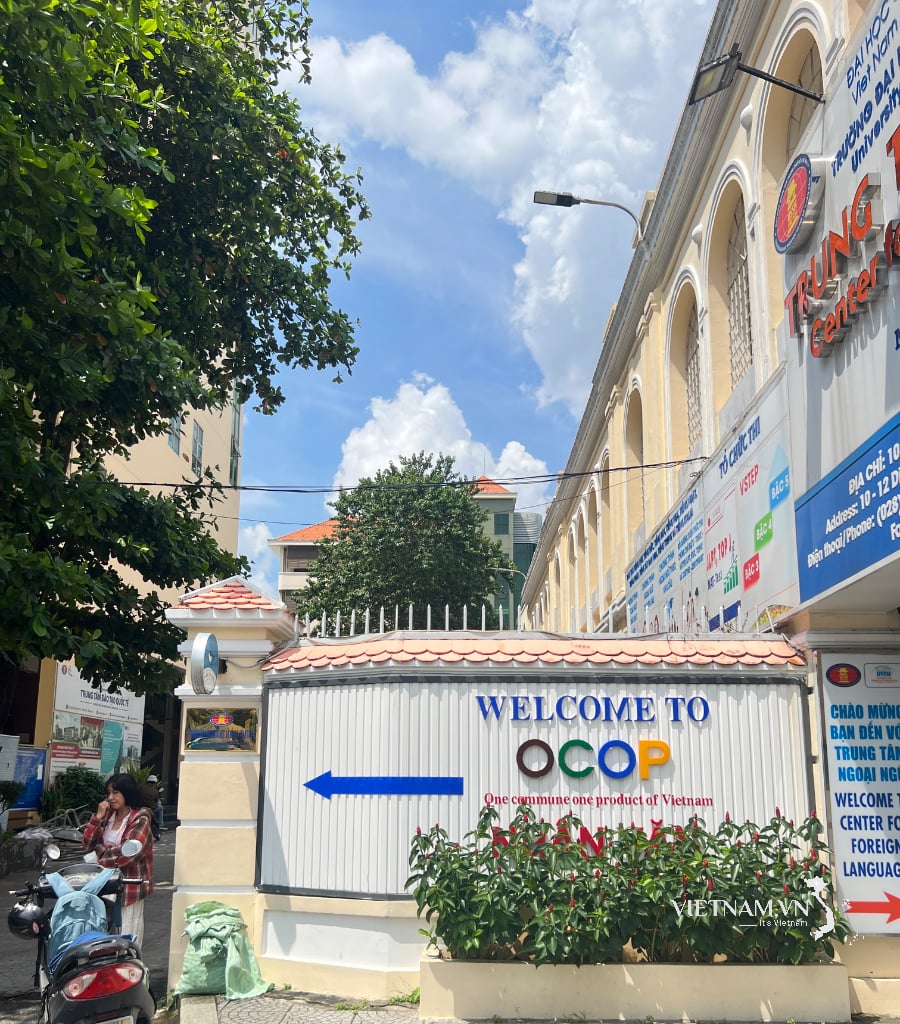
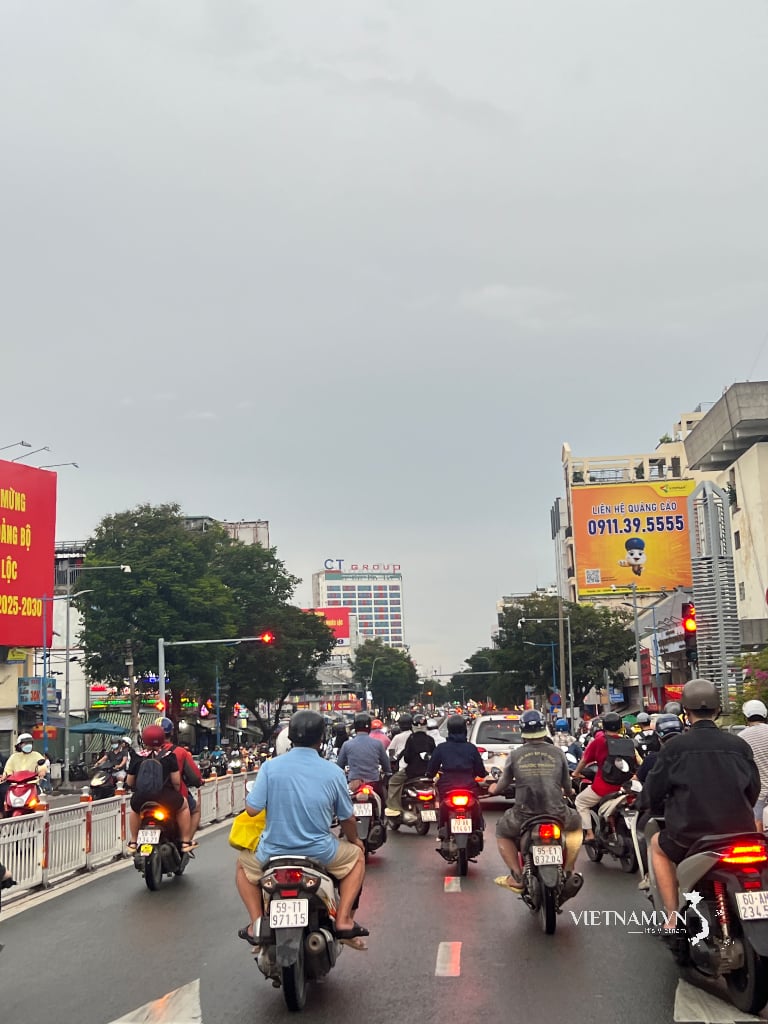
Comment (0)